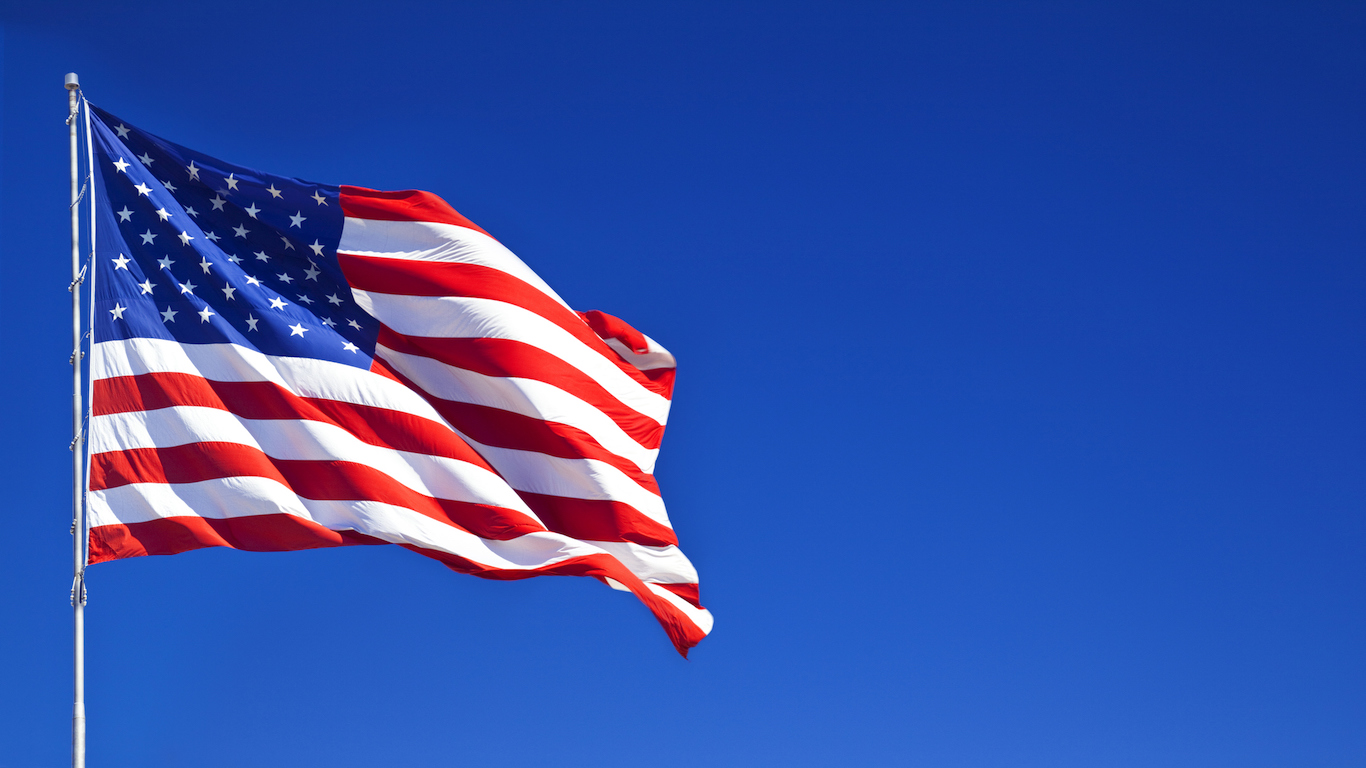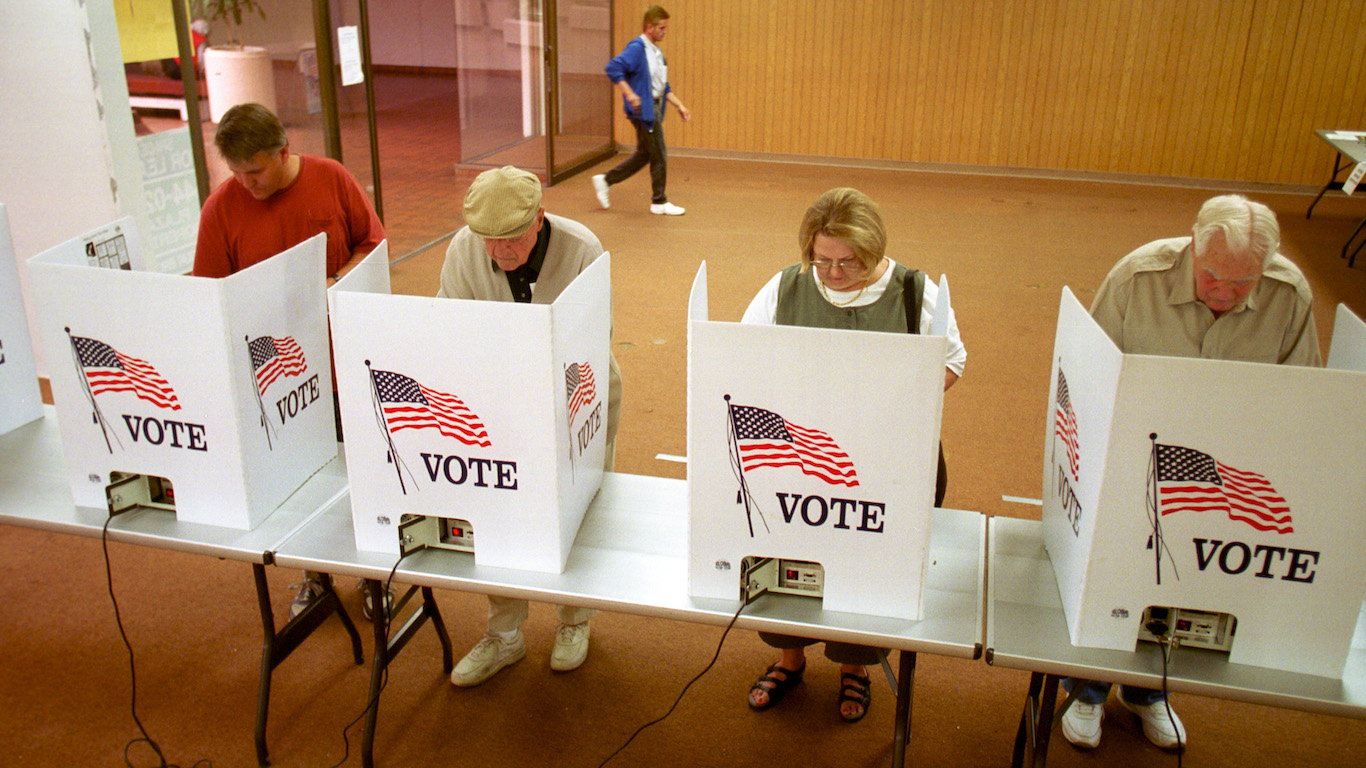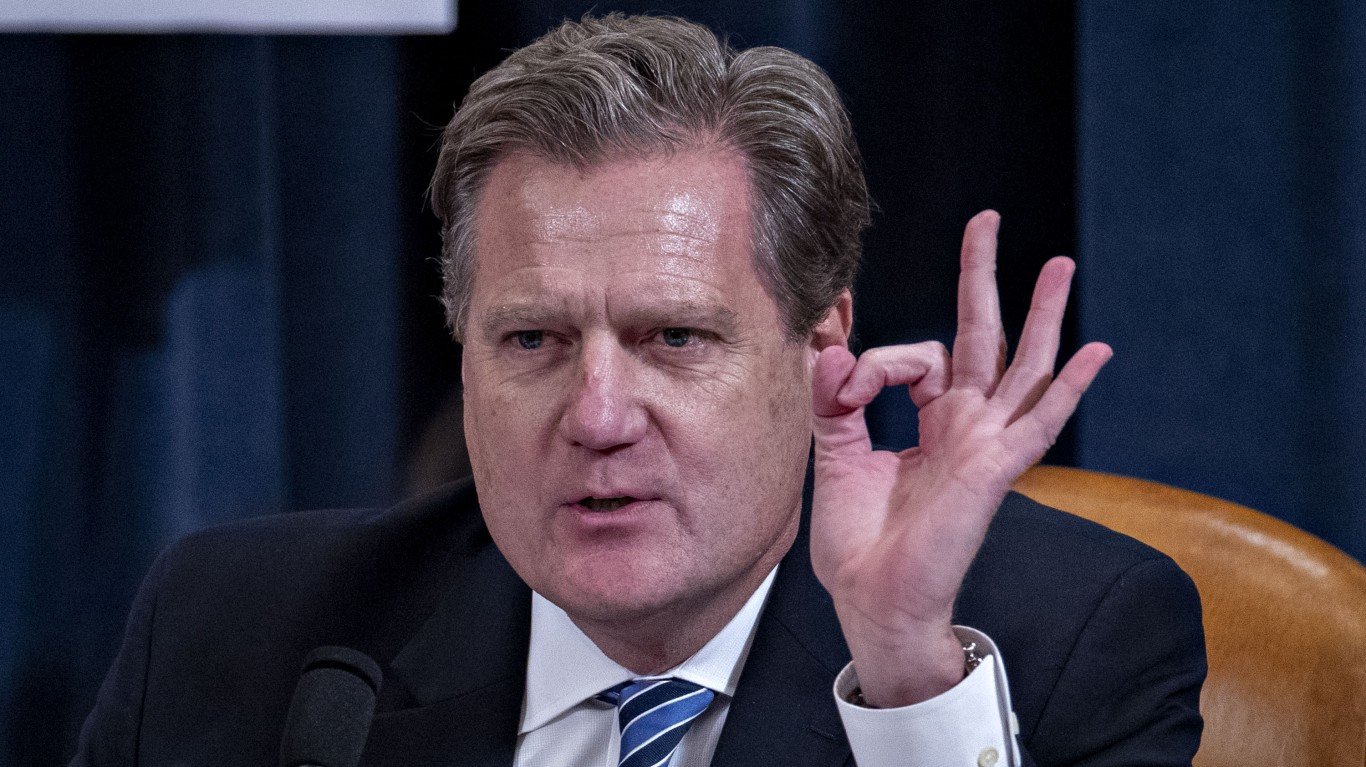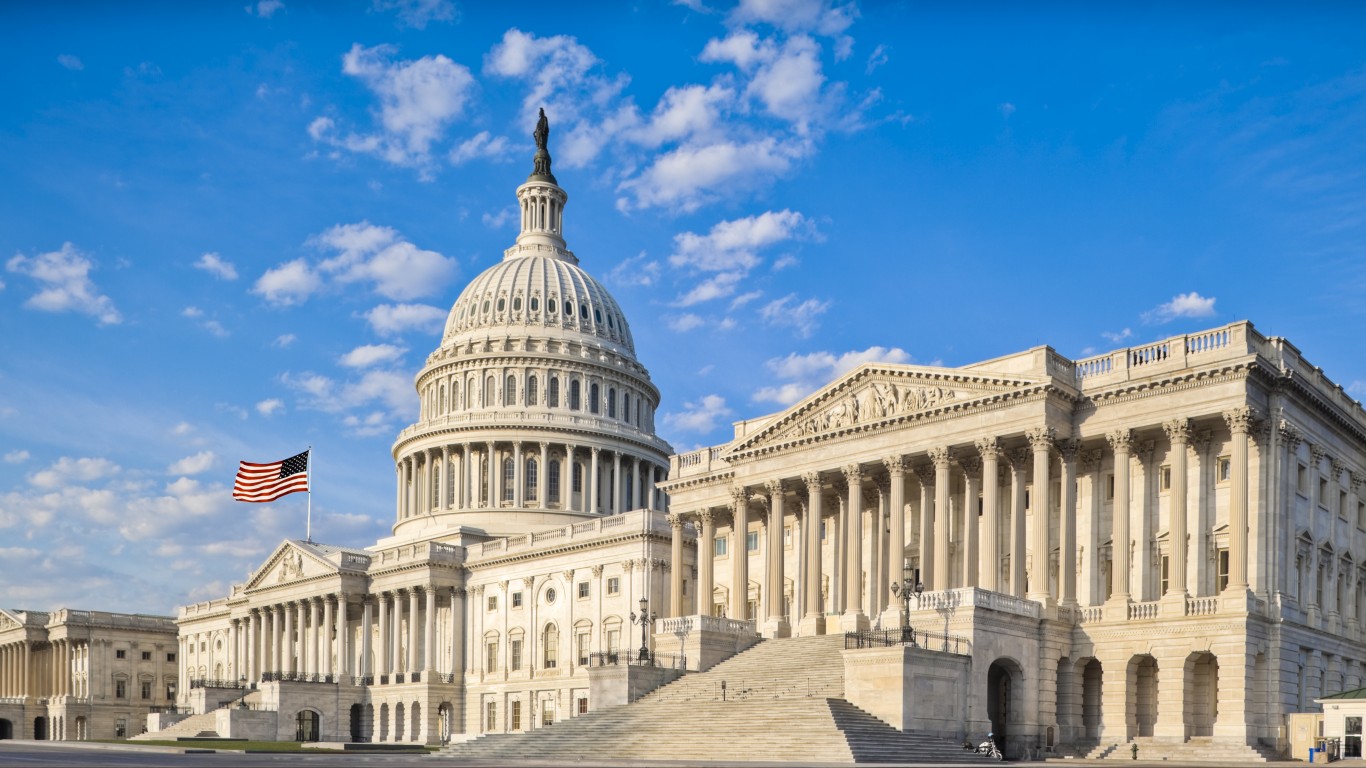

The Jan. 6 Capitol riot and efforts by 147 members of Congress, including eight senators, to overturn the election results by voting against the certification of state Electoral College votes rattled the country’s politically active business sector.
Spokespersons of some of the biggest names in corporate America scrambled to issue statements condemning the violence and to distance themselves from their past financial support of lawmakers who made last-ditch efforts to overturn the 2020 presidential election results in favor of then President Donald Trump. Joe Biden won the election by a sizable margin of 7 million popular votes and 74 electoral votes with the highest presidential-election turnout since 1908. These are the states with the highest voter turnout.
“There is never any justification for violence or the kind of destruction that occurred at the U.S. Capitol last week,” said a Jan. 13 statement from Cigna, one the country’s largest health insurance providers, adding it would “discontinue support of any elected official who encouraged or supported violence, or otherwise hindered a peaceful transition of power.”
According to Citizens for Responsibility and Ethics in Washington, a nonpartisan nonprofit political watchdog, nearly 190 companies issued statements like this in the weeks following the Jan. 6 riot and Republican Congress members efforts to reject electoral votes from Arizona and Pennsylvania.
Many companies — such as Amazon, General Mills, and Walt Disney — have so far kept their word to pause or reconsider political donations to these 147 Republican lawmakers, their leadership political action committees, or partisan multi-candidate committees that support these members. (These are the companies with the best and worst reputations.)
Many others, however, have returned to business as usual, including Cigna, which according to Federal Electoral Commission records channeled in May PAC money to one of these 147 lawmakers: Missouri Rep. Vicky Hartzler, who is seeking to win a Senate seat in next year’s midterm elections.
To determine the companies that reneged on their pledge not to bankroll any of the 147 GOP Congress members who voted not to certify the election, 24/7 Wall St. reviewed a list compiled by Citizens for Responsibility and Ethics in Washington. Donation status and figures are as of Aug. 22.
It may not be surprising to find Tyson Foods, Home Depot, or United Parcel Services on this list, being known to donate more funds to Republican candidates in the last few election cycles. Other names, however, might raise an eyebrow following years of considerable Democratic support.
The list features large corporations that made contributions to the campaigns or leadership PACs of these 147 members of Congress, or the National Republican Senatorial Committee or and the National Republican Congressional Committee. The NRSC and NRCC are the “main Republican party committees supporting these members,” according to CREW. Revenue figures are from a company’s publicly filed financial documents. Data about contributions to PACs is from the FEC online database. OpenSecrets and different news sources, including CNN, Axios, and regional newspapers, were also used.

JetBlue Airways
> Total contributions: $1,000
> Recipient members and party committees: 1
> 2020 revenue: $3.0 billion
New York City-based JetBlue’s PAC is believed to have been the first company to end its suspension of contributions following the Jan. 6 Capitol riot. On March 31, the company gave money to the PAC of Rep. Nicole Malliotakis of New York, who objected to certifying the Electoral College votes in Arizona and Pennsylvania. Previously the airline had said it would “temporarily pause all contributions” to campaigns or lawmakers.
[in-text-ad]
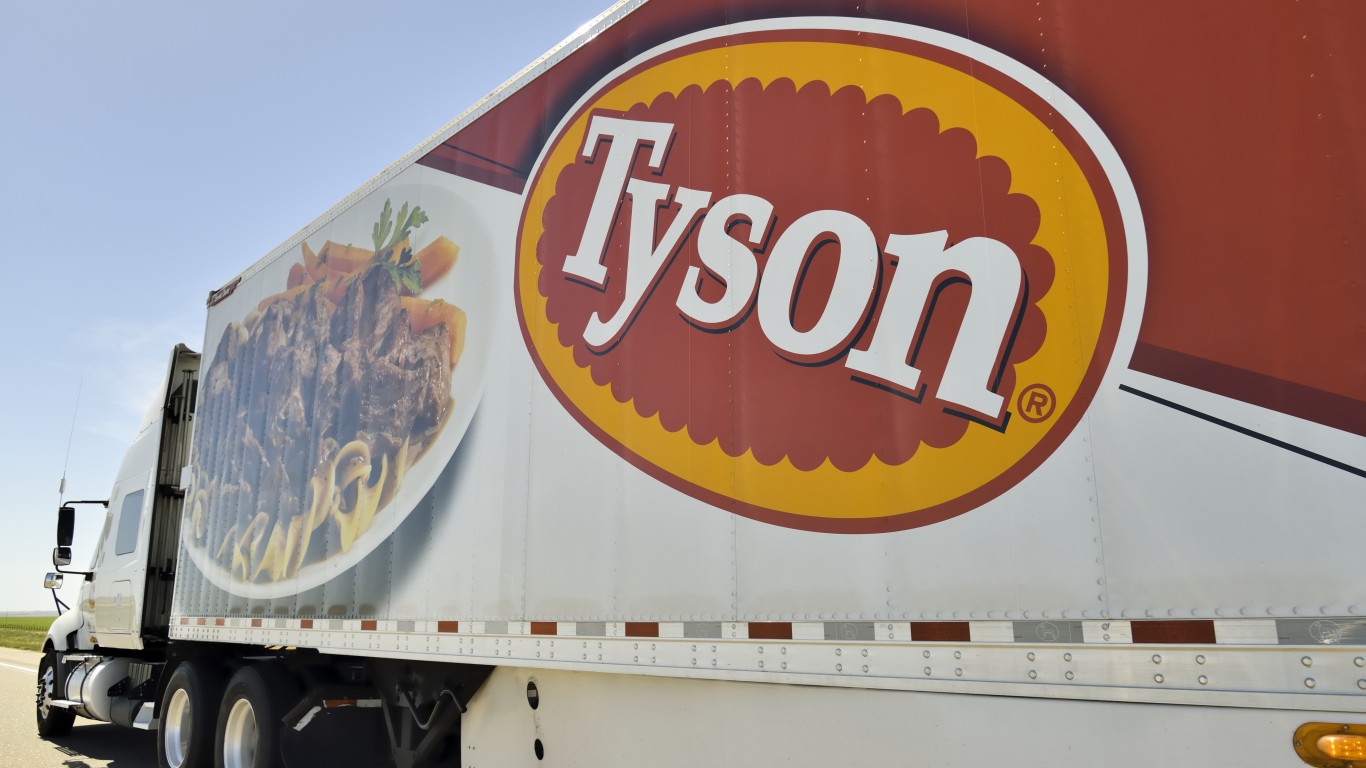
Tyson Foods
> Total contributions: $2,500
> Recipient members and party committees: 1
> 2020 revenue: $43.2 billion
The Wall Street Journal reported in July that the PAC for Arkansas-based Tyson Foods was one of numerous companies that resumed donations to some of the 147 GOP lawmakers who supported the objections to the electoral votes in Arizona, Pennsylvania, or both. Tyson Foods had said in January it was “temporarily suspending all political action committee activity while we review and consider the events of the past week.”
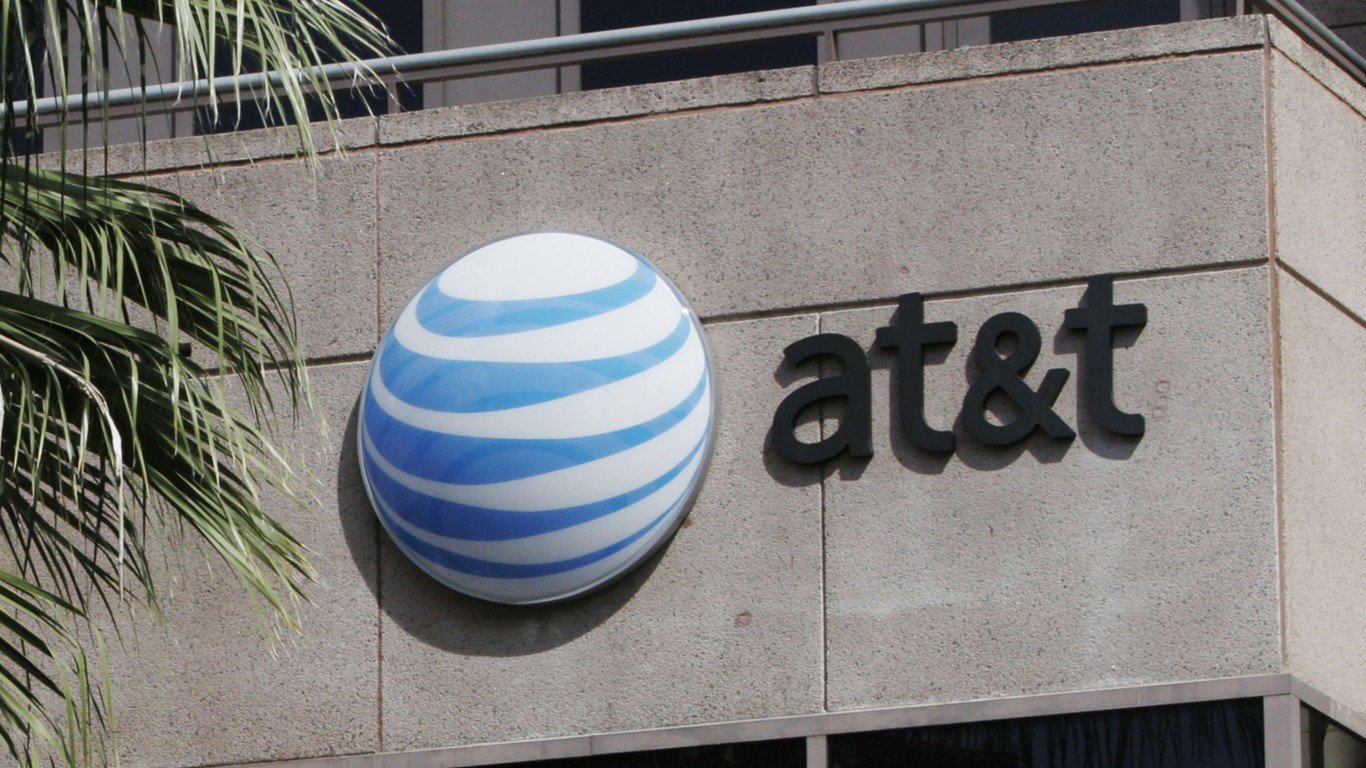
AT&T
> Total contributions: $5,000
> Recipient members and party committees: 1
> 2020 revenue: $171.8 billion
The Financial Times reported in late March that the world’s largest telecom gave $5,000 to the House Conservatives Fund, a GOP leadership PAC affiliated with Rep. Mike Johnson of Louisiana, who objected to the Electoral College votes in both Arizona and Pennsylvania. AT&T claims it has been assured by the leadership PAC that none of the company’s PAC money would go to the re-election campaigns of any of the 147 lawmakers who tried to overturn the 2020 presidential election results.

Best Buy
> Total contributions: $5,000
> Recipient members and party committees: 1
> 2020 revenue: $47.3 billion
The Minnesota-based electronics retailer said in a statement to The Hill in January it made the decision “stop providing campaign contributions to the 147 members of Congress who voted in objection to certifying the presidential election results.” According to FEC reports, the company has contributed since then to the National Republican Senatorial Committee, which is chaired by Sen. Rick Scott of Florida, who voted to sustain the objection to Electoral College votes in Pennsylvania.
[in-text-ad-2]
Gap
> Total contributions: $5,000
> Recipient members and party committees: 1
> 2020 revenue: $13.8 billion
In February, the San Francisco-based clothing company posted a message on its website that it believed “our democracy is the source and foundation of all that is possible in the pursuit of the American dream” and that it suspended political giving “to allow time to reassess our giving criteria.” In March, the company’s PAC donated to the PAC of New York Rep. Elise Stefanik, who objected to Pennsylvania’s electoral vote results.
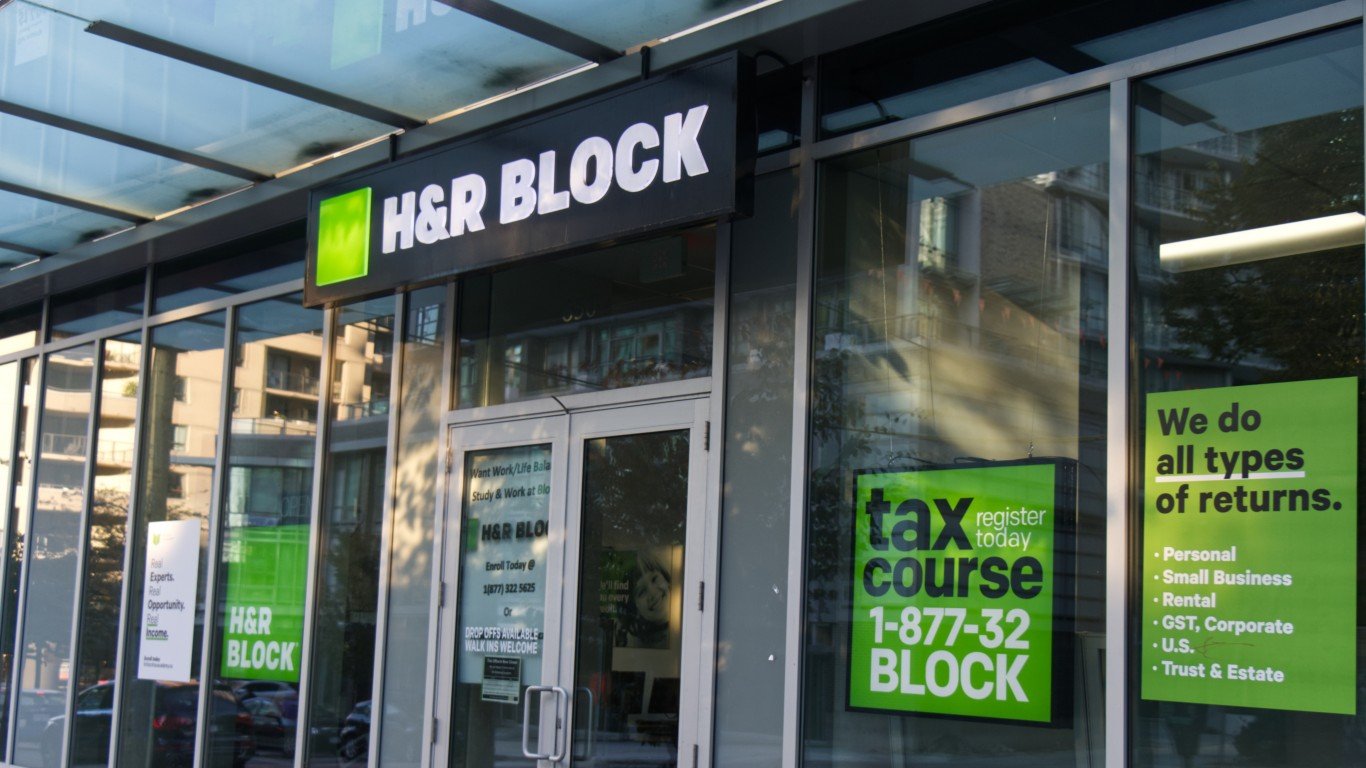
H&R Block
> Total contributions: $10,000
> Recipient members and party committees: 3
> 2020 revenue: $3.4 billion
The Kansas City Star reported in January that H&R Block announced it was “pausing political giving” from its bipartisan PAC. According to the Star, the Kansas City-based tax preparation company even went as far as asking lawmakers who voted to overturn the legitimate 2020 presidential election results, including Kansas Rep. Roger Marshall, to return money it had contributed in 2020. According to recent FEC filings, the company donated $2,500 to Marshall’s PAC on June 28.
[in-text-ad]
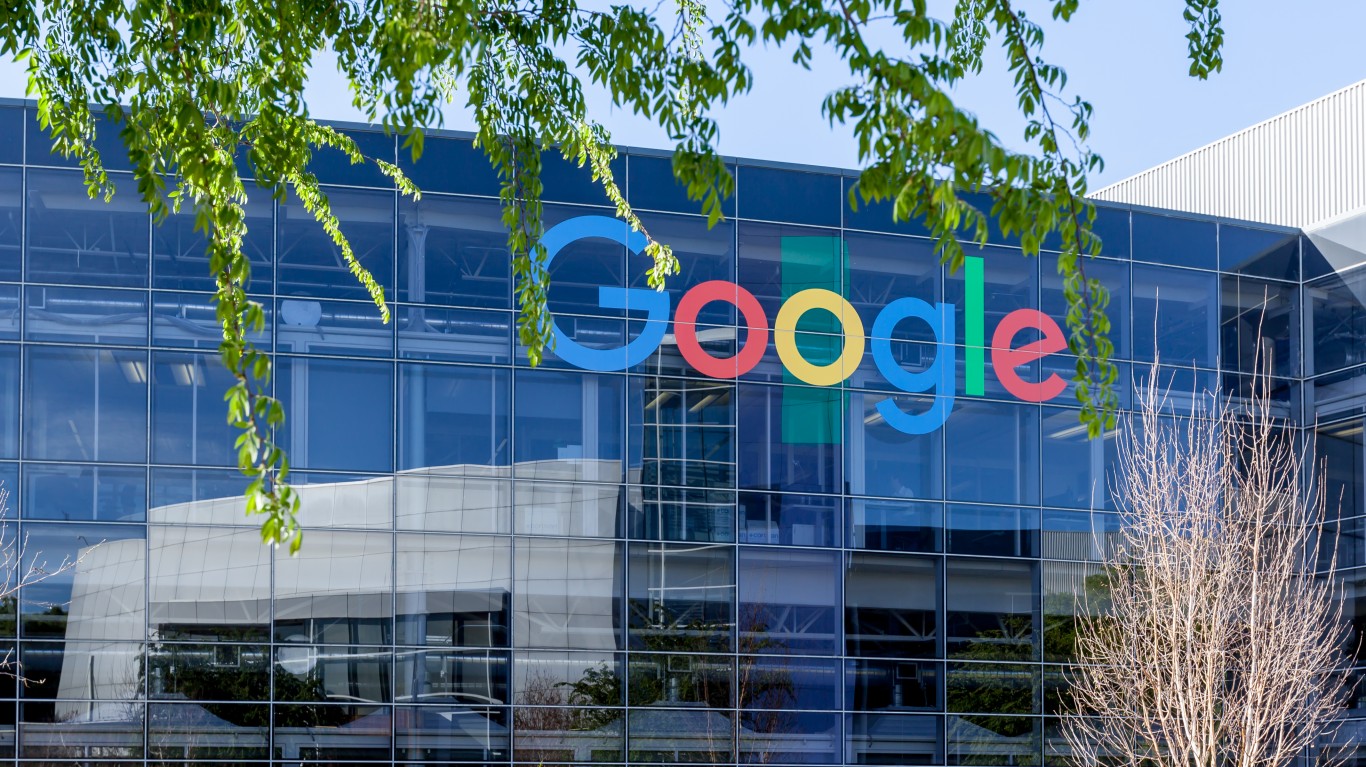
Alphabet (Google)
> Total contributions: $15,000
> Recipient members and party committees: 1
> 2020 revenue: $182.5 billion
Google’s PAC, which announced a freeze of all political contributions in order to “review and reassess” its policies, gave $15,000 to the NRSC on June 30. While this is not a direct contribution to any of the 147 lawmakers who tried to overturn the 2020 presidential election results, the NRSC is one of the “main Republican party committees supporting these members,” according to CREW. Also, the NRSC is chaired by Sen. Rick Scott of Florida, who voted to reject the Electoral College votes in Pennsylvania.
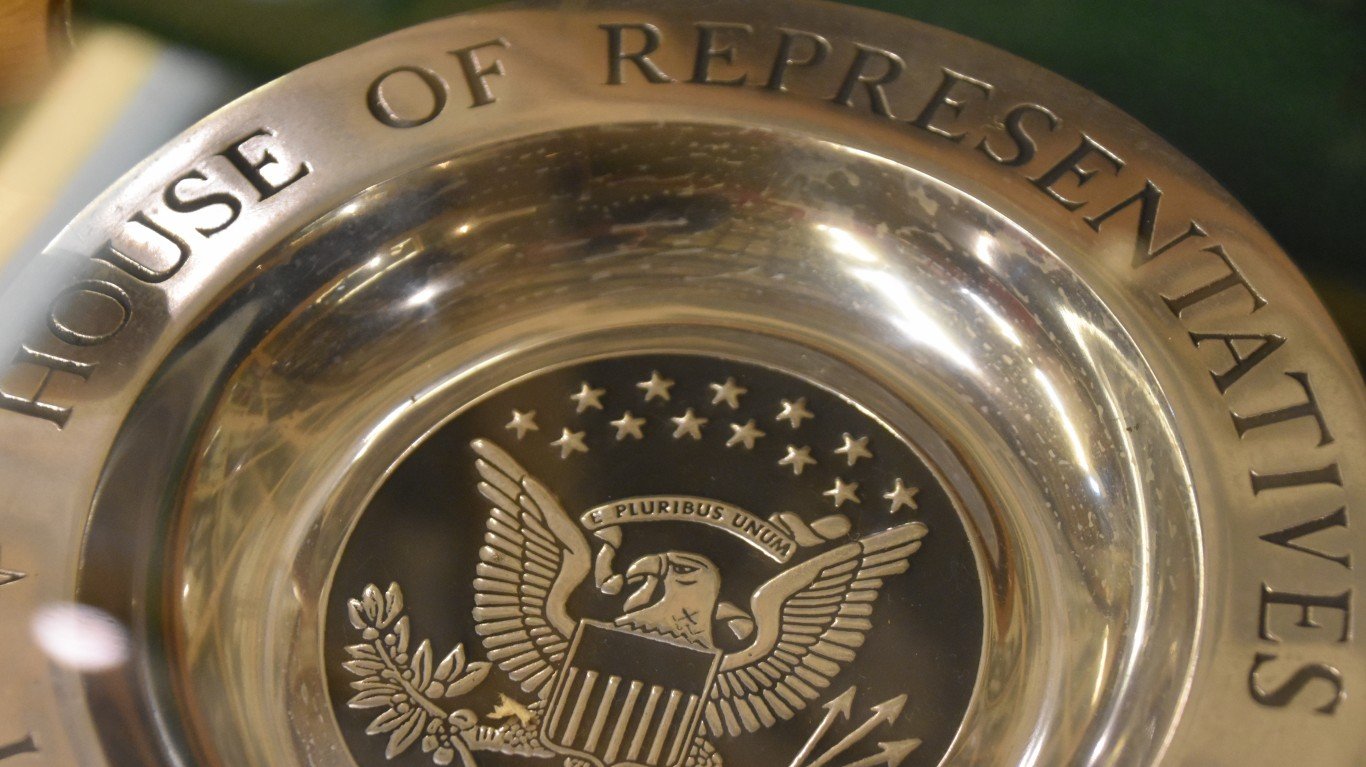 24/7 Wall St.
24/7 Wall St.These 44 Republicans Have Made a Career Out of Serving in the House of Representatives
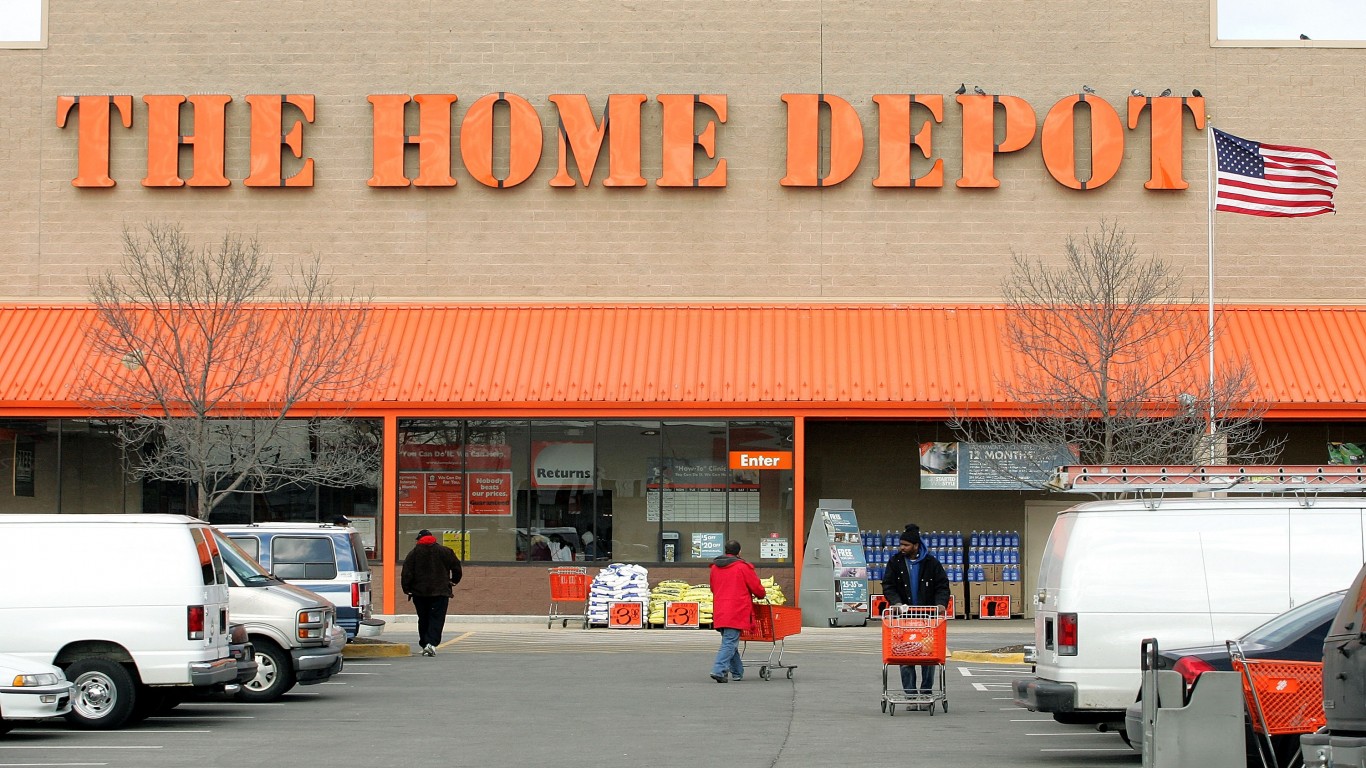
Home Depot
> Total contributions: $15,000
> Recipient members and party committees: 1
> 2020 revenue: $110.2 billion
On Jan. 27, the world’s largest home improvement retailer said it was pausing PAC contributions to assess donations to the 147 lawmakers who voted not to certify the election results. On March 25, the company’s PAC donated funds to the NRSC, chaired by Sen. Rick Scott of Florida, who voted to sustain objections to the Electoral College votes in Pennsylvania.
Liberty Mutual Insurance
> Total contributions: $15,000
> Recipient members and party committees: 1
> 2020 revenue: $43.8 billion
The Boston Globe reported in January that Liberty Mutual was suspending all political contributions in the first quarter of the year. On Jan. 29, the Boston-based insurance company gave money to the National Republican Congressional Committee, which is one of the “main Republican party committees supporting” the 147 Congress members who voted not to certify the elections, according to CREW.
[in-text-ad-2]

American Airlines
> Total contributions: $17,500
> Recipient members and party committees: 2
> 2020 revenue: $17.3 billion
American Airlines announced a three-month pause in political contributions starting on Jan. 11. On June 1, the Texas-based carrier gave $15,000 to the NRCC, which is one of the “main Republican party committees supporting” the 147 Congress members who voted not to certify the elections, according to CREW. It also gave $2,500 on June 7 to the PAC of Rep. Sam Graves of Missouri, who voted not to certify Electoral College votes in Arizona and Pennsylvania.

Bloomin’ Brands
> Total contributions: $20,000
> Recipient members and party committees: 4
> 2020 revenue: $3.2 billion
On Jan. 15, Tampa, Florida-based Bloomin’ Brands said it was pausing political contributions. In May, the owner of Outback Steakhouse donated to the PAC of Florida Reps. Kat Commack, Scott Franklin, Carlos Gimenez, and Byron Donalds. These lawmakers objected to certifying the Electoral College votes in Arizona and Pennsylvania.
[in-text-ad]
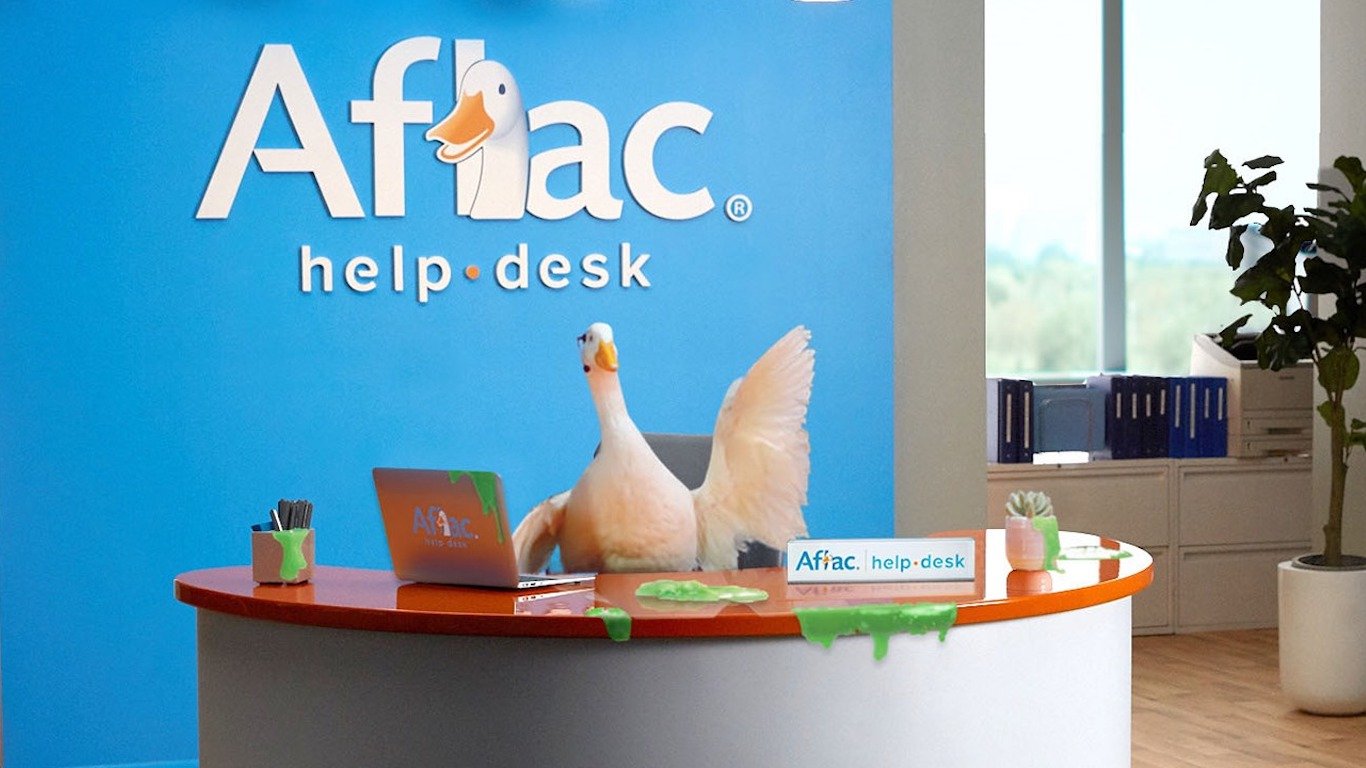
Aflac
> Total contributions: $28,500
> Recipient members and party committees: 5
> 2020 revenue: $22.1 billion
The Georgia-based insurer told CNN in January it “paused all political donations to reassess our approach.” Contributions Aflac has since made that did or could wind up in the PACs belonging to House members who objected to the Electoral College votes from Arizona or Pennsylvania, or both, include $15,000 to the NRCC, which can distribute funds to individual Republican House member PACs, and $5,000 to Rep. Mike Rogers, who objected to certifying the votes in both states.

Comcast
> Total contributions: $30,000
> Recipient members and party committees: 2
> 2020 revenue: $103.6 billion
Pennsylvania-based broadcasting, cable, and Internet-service giant Comcast announced its PAC would suspend contributions to the 147 lawmakers who objected to the 2020 presidential election results in order to “review our political giving policies and practices.” Since then, the PAC has contributed to the NRCC, which can distribute funds to any individual Republican House member’s PAC, and the NRSC, chaired by Sen. Rick Scott of Florida, who voted to sustain the objection to the Electoral College votes in Pennsylvania.
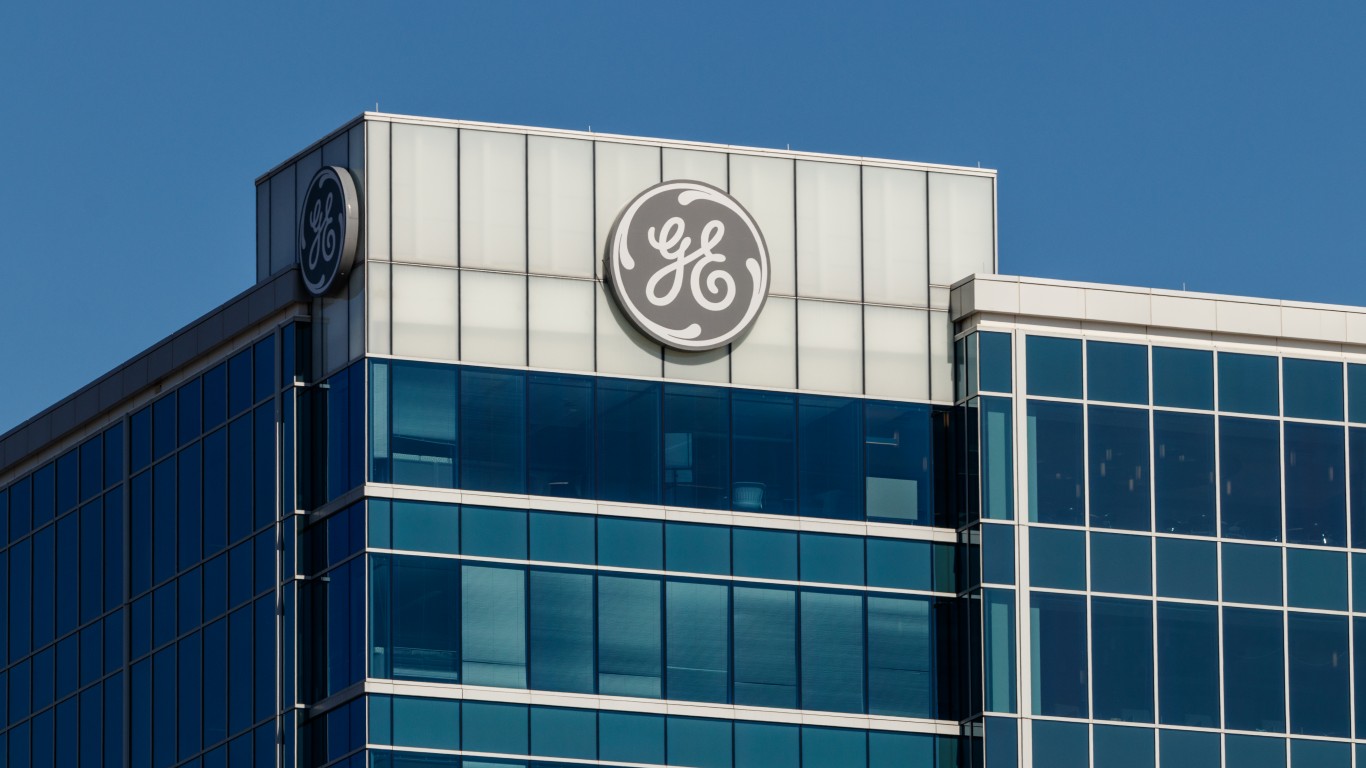
General Electric
> Total contributions: $30,000
> Recipient members and party committees: 2
> 2020 revenue: $79.6 billion
The PAC of New York-based industrial conglomerate General Electric said it would “suspend donations to those who voted to oppose the Electoral College results,” giving no indication that this decision was a temporary pause. Since then, it has contributed to the NRCC, which can distribute funds to any individual Republican House member’s PAC, and the NRSC, chaired by Sen. Rick Scott of Florida, who voted to object to the Electoral College votes in Pennsylvania.
[in-text-ad-2]

Johnson & Johnson
> Total contributions: $30,000
> Recipient members and party committees: 2
> 2020 revenue: $82.6 billion
On Jan. 14, the New Jersey-based maker of consumer health care products, medical devices, and pharmaceuticals said it “strongly condemns the tragic and violent events that occurred at the United States Capitol” and that it was pausing all political contributions “while we review and evaluate our giving policies and criteria.” Since then, the company has contributed to the National Republican Congressional Committee and the National Republican Senatorial Committee. The NRSC and NRCC are the “main Republican party committees supporting these members,” according to CREW.
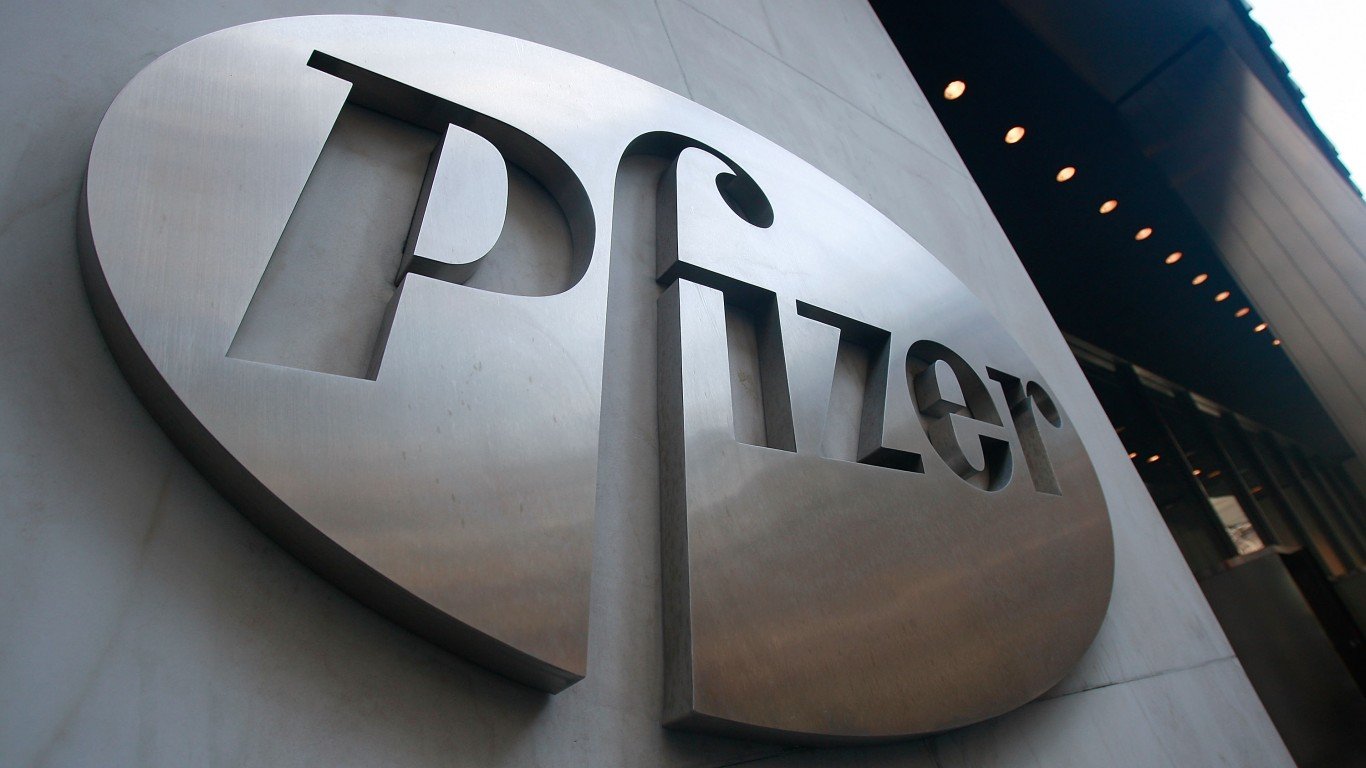
Pfizer
> Total contributions: $30,000
> Recipient members and party committees: 1
> 2020 revenue: $41.9 billion
The PAC of the New Jersey-based pharmaceutical company said in a letter to its members in January it would suspend political donations to any of the 147 lawmakers who voted to overturn the presidential election for six months. Since then, Pfizer has contributed to the NRCC and the NRSC, which are the “main Republican party committees supporting these members,” according to CREW.
[in-text-ad]
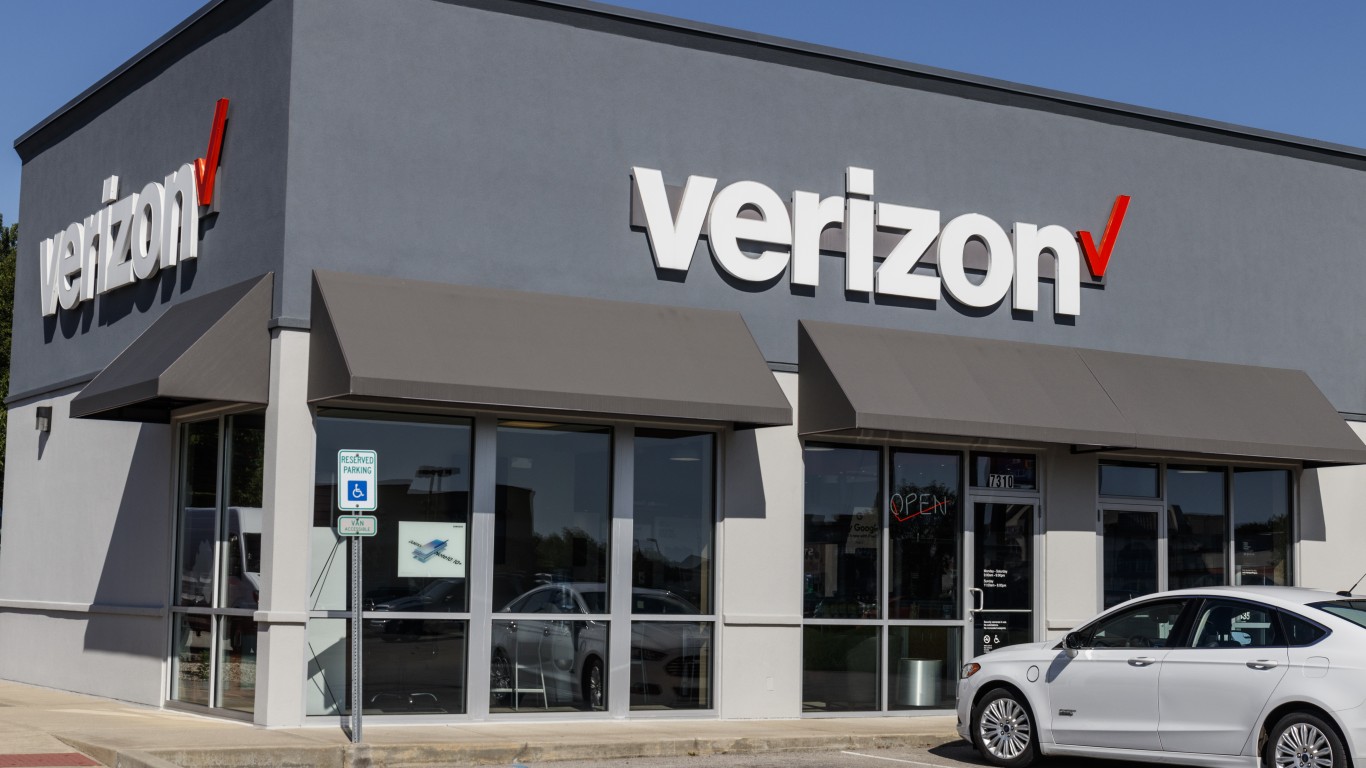
Verizon Communications
> Total contributions: $30,000
> Recipient members and party committees: 2
> 2020 revenue: $128.3 billion
The New York-based telecom conglomerate said it would be “suspending contributions to any member of Congress who voted in favor of objecting to the election results.” In May, Verizon contributed to the NRCC, which can distribute funds to any individual Republican House member’s PAC, and the NRSC, chaired by Sen. Rick Scott of Florida, who objected to the Electoral College votes in Pennsylvania.
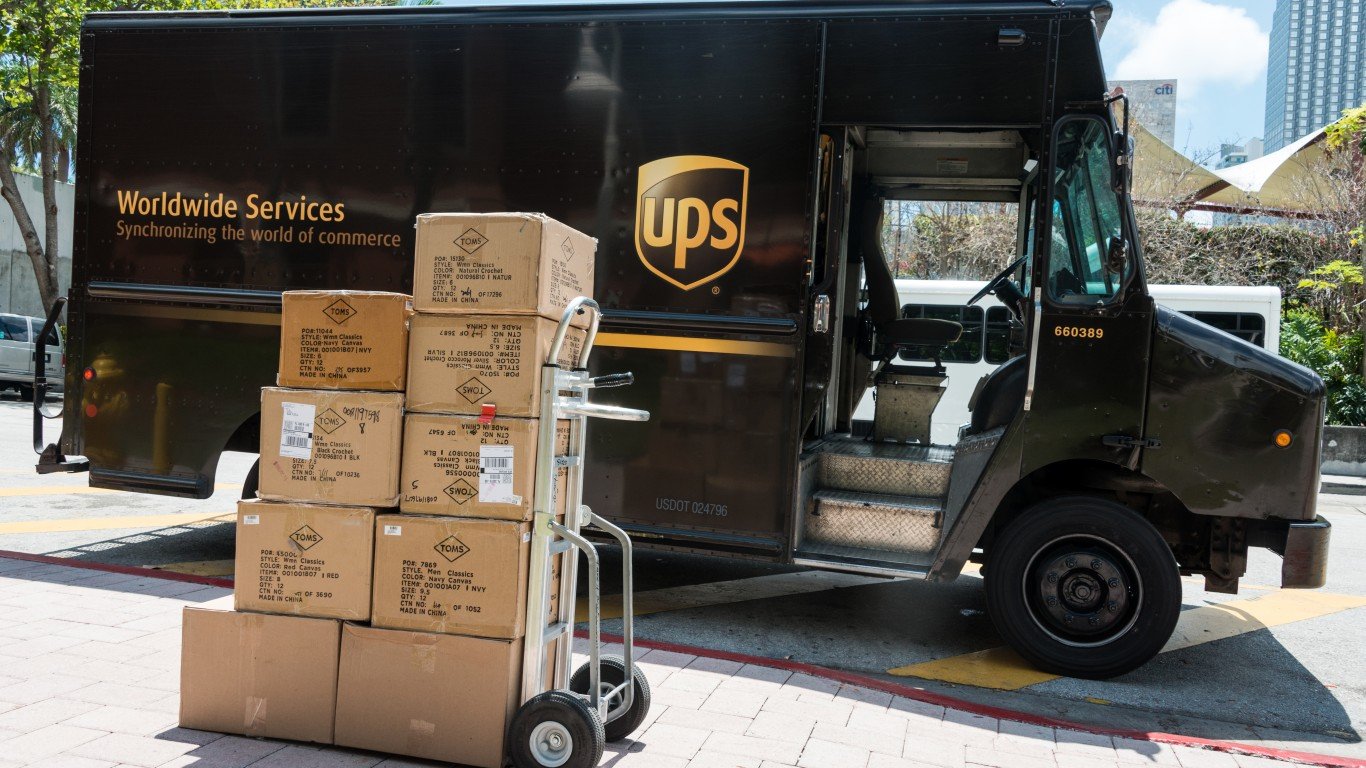
United Parcel Services (UPS)
> Total contributions: $52,500
> Recipient members and party committees: 7
> 2020 revenue: $84.6 billion
According to CNN, the Georgia-based global shipping and logistics company announced it was indefinitely suspending its PAC contributions to all federal candidates. In June, UPS’s PAC gave money to the NRCC, the NRSC, and Georgia Rep. Earl “Buddy” Carter’s PAC. Carter objected to the electoral votes in Arizona and Pennsylvania.

PNC Financial Services
> Total contributions: $55,000
> Recipient members and party committees: 1
> 2020 revenue: $16.9 billion
The Pennsylvania-based financial services corporation said on Jan. 12 that it “has suspended contributions to those members of Congress who voted against the certification of the nation’s valid Electoral College votes.” Since then, it’s contributed to the NRSC.
[in-text-ad-2]

Cigna
> Total contributions: $60,000
> Recipient members and party committees: 17
> 2020 revenue: $160.4 billion
Connecticut-based health insurer Cigna said in January its PAC would “discontinue support of any elected official who encouraged or supported violence, or otherwise hindered a peaceful transition of power.” In May, Cigna’s PAC donated to Missouri Rep. Vicky Hartzler’s attempt to win a Senate seat in next year’s midterm elections. Hartzler objected to certifying the electoral votes in Arizona and Pennsylvania.
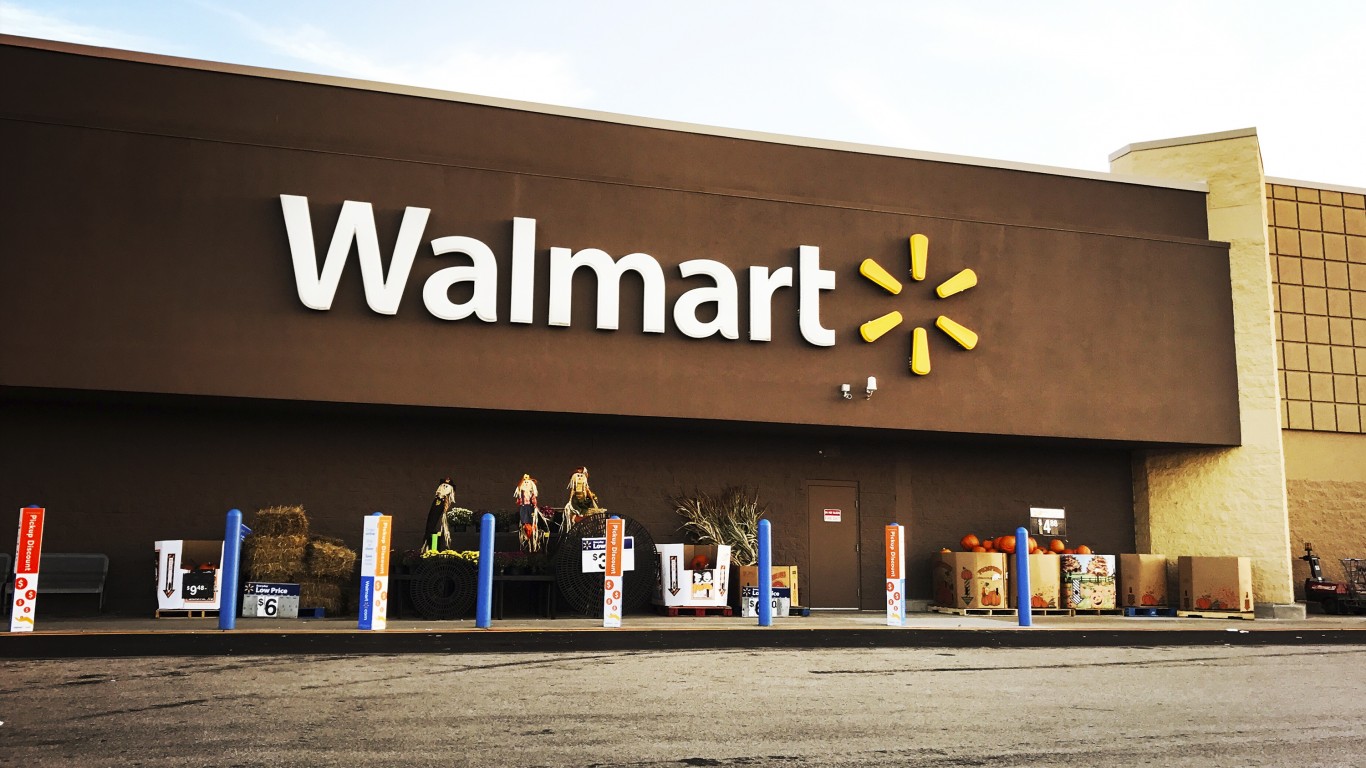
Walmart
> Total contributions: $60,000
> Recipient members and party committees: 2
> 2020 revenue: $559.2 billion
Walmart’s bipartisan PAC told Axios in January it was “indefinitely suspending contributions to those members of Congress who voted against the lawful certification of state Electoral College votes.” In April, the PAC for the Arkansas retail giant contributed to the NRCC and the NRSC. Money from these committees can flow to the PACs of individual House and Senate members.
[in-text-ad]

General Motors
> Total contributions: $72,000
> Recipient members and party committees: 12
> 2020 revenue: $122.5 billion
The Detroit-based automaker’s PAC said it “paused new contributions” in the wake of the Jan. 6 riots and Republican efforts to overturn the election results. Since then, GM’s contributions that could or did flow to Republicans who objected to the 2020 presidential election results include the NRCC, the NRSC, as well as the PAC affiliated with Rep. Bill Johnson of Ohio, who opposed the certification of electoral votes from Arizona and Pennsylvania.
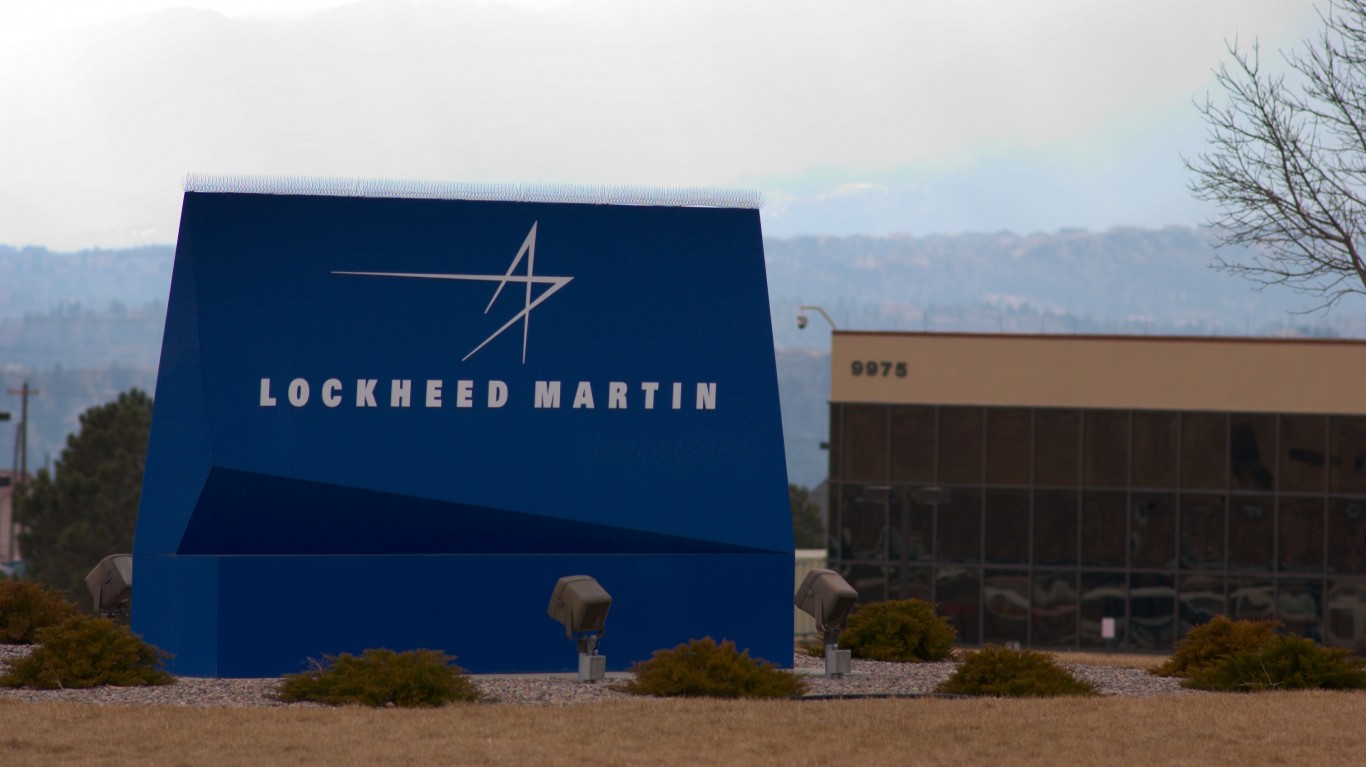
Lockheed Martin
> Total contributions: $150,500
> Recipient members and party committees: 57
> 2020 revenue: $65.4 billion
The Maryland-based global aerospace and defense company said in January it routinely evaluates its PAC contributions, adding “we are not making political contributions as we continue this evaluation to ensure our political donation and engagement program remains aligned with our business priorities.” By April, Lockheed Martin was back to making PAC contributions and had given to the NRCC, the NRSC, as well as Reps. Lisa McClain of Michigan and Earl “Buddy” Carter of Georgia, who objected to the certification of electoral votes in Arizona and Pennsylvania.

Boeing
> Total contributions: $274,000
> Recipient members and party committees: 29
> 2020 revenue: $58.2 billion
The Chicago-based global aerospace and defense company said in January: “Given the current environment, we are not making political contributions at this time. We will continue to carefully evaluate future contributions …” The company’s bipartisan PAC has contributed to the PACs of election objectors Reps. Kevin McCarthy and Steve Scalise, as well as the NRCC and the NRSC.
Essential Tips for Investing: Sponsored
A financial advisor can help you understand the advantages and disadvantages of investment properties. Finding a qualified financial advisor doesn’t have to be hard. SmartAsset’s free tool matches you with up to three financial advisors who serve your area, and you can interview your advisor matches at no cost to decide which one is right for you. If you’re ready to find an advisor who can help you achieve your financial goals, get started now.
Investing in real estate can diversify your portfolio. But expanding your horizons may add additional costs. If you’re an investor looking to minimize expenses, consider checking out online brokerages. They often offer low investment fees, helping you maximize your profit.
Thank you for reading! Have some feedback for us?
Contact the 24/7 Wall St. editorial team.

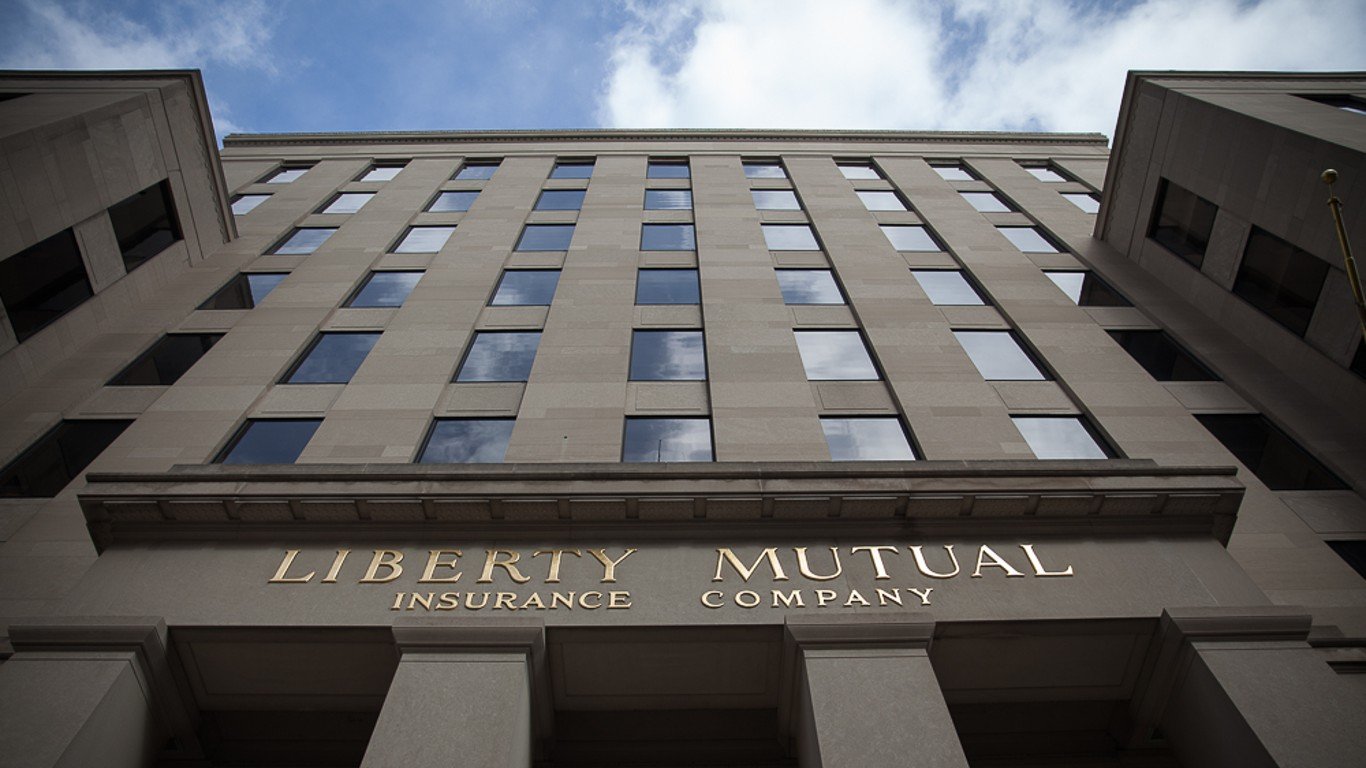
 24/7 Wall St.
24/7 Wall St.
